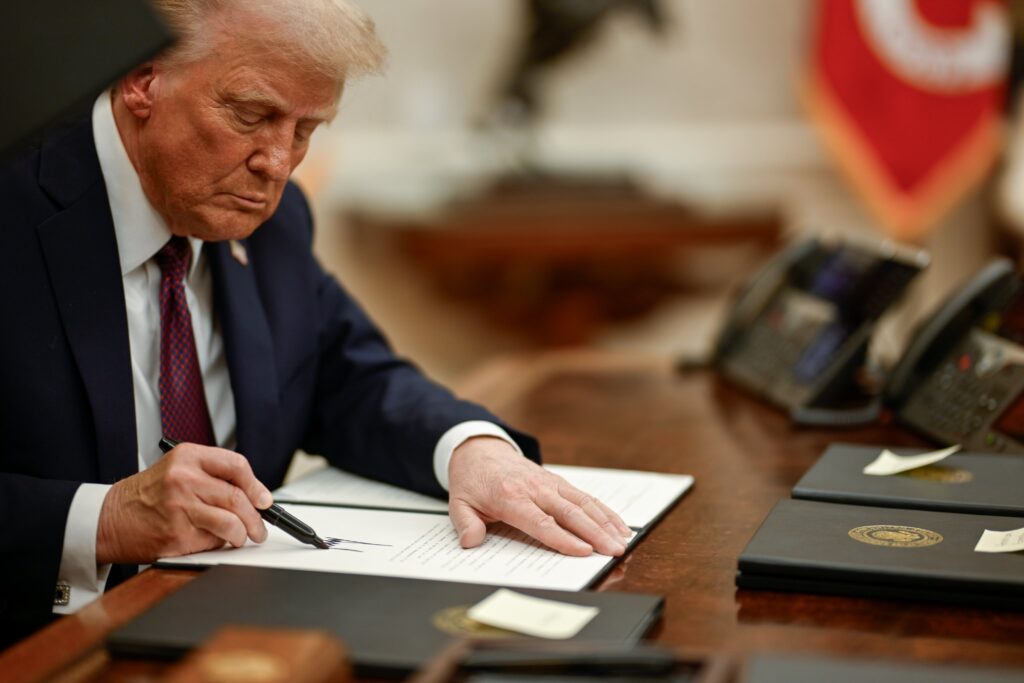US President Donald Trump recently attracted criticism from health experts for claiming a link between the widely used painkiller Tylenol and autism. Accompanied by Health Secretary Robert F Kennedy Jr., Trump suggested that doctors would soon discourage prescribing the drug to pregnant women.
Medical experts have responded critically, with the American College of Obstetricians and Gynaecologists deeming Trump's announcement 'unsettling' and lacking 'reliable data.' The UK's National Autism Society branded the statement 'dangerous' and 'irresponsible.'
During the news conference, Trump cited statistics claiming that autism diagnoses in the US have dramatically increased from 'one in 10,000' 18 years ago to 'one in 31' in 2025. While the latter statistic aligns with CDC data indicating one in 31 eight-year-olds have been diagnosed with autism in 2022, the initial claim lacks substantiation. Comparatively, in 2006, CDC estimates cited one in 110, with the number marginally decreasing by 2008 to one in 88.
Experts suggest that rising autism rates largely result from improved diagnostic practices, awareness, and testing. Furthermore, Trump alleged that California suffers from particularly high rates, noting that recent CDC statistics do support this claim, emphasizing enhanced local screening initiatives.
Concerning vaccinations, Trump recommended separating the mumps, measles, and rubella (MMR) vaccine shots. Experts warn this misinformation could lead to decreased vaccination rates, returning diseases like measles to prominence. The credibility of Trump's claims about the MMR vaccine has been challenged repeatedly since the discredited 1998 Wakefield study, with contemporary studies consistently finding no link between the vaccine and autism.
Lastly, Trump referenced the Amish community as having 'virtually no autism,' suggesting their lower use of Tylenol as a factor. However, academic experts express skepticism over this assertion, positing the lack of reliable data due to limited studies and the community’s practices regarding diagnosis.
Trump's previous remarks on autism have echoed similar sentiments over two decades. Despite supporting vaccine campaigns during his first term, his partnership with those harboring anti-vaccine sentiments raises concerns about the potential impact on public health initiatives.















